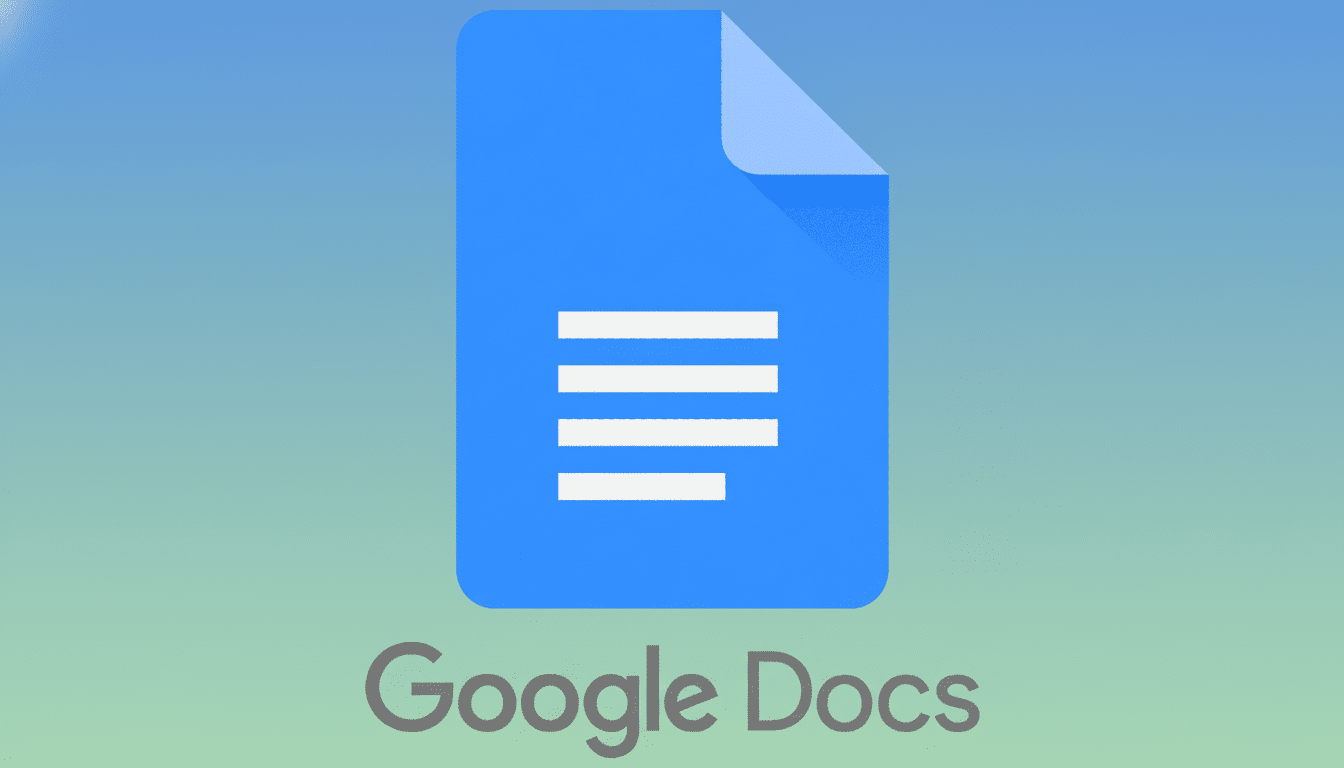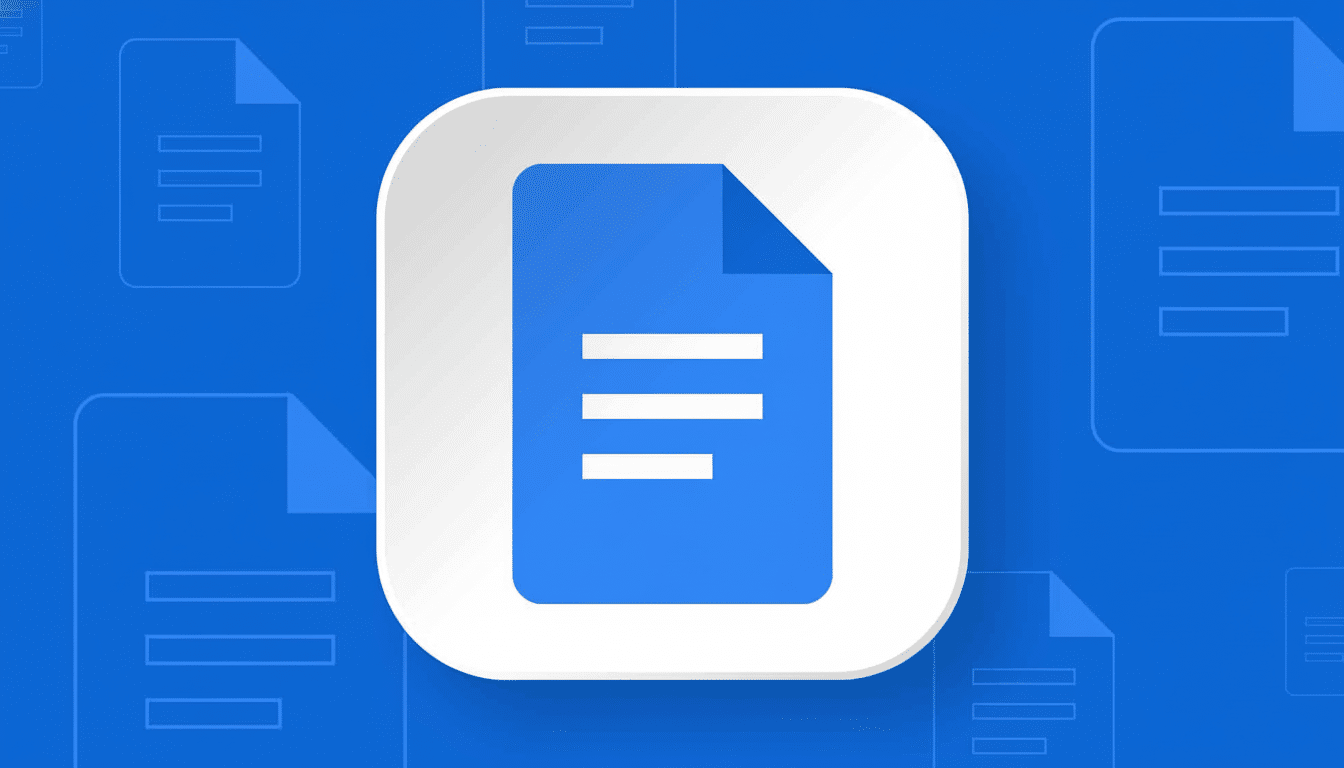Following decades of drafting reports, wrangling spreadsheets, and pitching slides, I’ve come to understand that office suites reveal their character when:
- Projects get big
- Timelines get tight
- Teams get noisy
Google Docs and Microsoft 365 are both excellent for everyday work. But when you add collaboration, depth, performance, AI, and governance to the mix, one suite always leads.
- Why This Debate Matters Today for Modern Workplaces
- Collaboration and Cloud Reliability in Daily Use
- Document Power and Long-Form Control for Authors
- Spreadsheets and Analysis for Data-Driven Teams
- Presentations and Media for Impactful Storytelling
- AI Assistants and Automation in Modern Suites
- Pricing and Value Across Plans and Use Cases
- Security, Governance and Compliance in Practice
- The Verdict: Which Office Suite Wins Overall

Why This Debate Matters Today for Modern Workplaces
These suites underpin modern work. Okta’s Businesses at Work report routinely ranks Microsoft 365 as the most commonly deployed app in enterprises, with rivals like Google Workspace consistently a top challenger among cloud productivity tools. That prevalence has tangible implications for compatibility, training, and security — particularly when teams operate across companies’ devices.
Both ecosystems are mature, fast, and cross-platform. The distinctions boil down to the needs of power users, file fidelity, and the extent to which you integrate with surrounding services such as identity, storage, and security.
Collaboration and Cloud Reliability in Daily Use
Google popularized real-time coauthoring, and it’s still terrific: comments, suggestions, and presence indicators are fluid, while the page-less layouts of Docs fit web content the way nothing else does.
It shares the way we believe sharing should be — you share a link first, and an undo button last. If teamwork is all that matters to you, it’s tough to beat Google.
Microsoft caught up meaningfully. It plays more smoothly with coauthoring in Word, Excel, and PowerPoint when files live in OneDrive or SharePoint, and glues chat, meetings, and Loop components around the documents through Teams. The crux is flexibility: Microsoft’s files can reside locally, in third-party clouds, or its own stack, serving the needs of both offline work and strict data residency.
Document Power and Long-Form Control for Authors
Word still leads for longer or more complex documents. A powerful navigation pane, styles and section breaks, split view editing, index and bibliography tools, and PDF/A export enable book-length control that Google Docs can’t completely match. Recorded macros and fields help you automate frequent edits and keep your content dynamic.
Docs features a clutter-free UI and the page-less mode that’s perfect for web-first content and interactive elements. For letters, proposals, and internal memos, it is more than adequate. But heavy-duty formatting, custom templates, and complex layout remain Word territory.
Spreadsheets and Analysis for Data-Driven Teams
Sheets is ideal for small to medium datasets, lightweight dashboards, and working together rapidly. It’s programmable with Apps Script, and the function set is huge. Still, there are limits to the size and level of performance in advanced modeling.

Excel is the king of industry for a reason. Dynamic arrays, XLOOKUP, Power Query, and Power Pivot all convert spreadsheets into analysis engines. Excel manages big models more responsively, and tools such as Flash Fill, Scenario Manager, and Solver continue to be everyday time-savers. For automation, recorded macros and Office Scripts (TypeScript-based) provide both beginners and power users with legitimate options.
Presentations and Media for Impactful Storytelling
Slides is fast, easy to use, and team-friendly. But the depth of PowerPoint shines once you step away from a basic deck. Designer, Morph transitions, Cameo for embedded camera feeds, and exacting controls provide polish. Live broadcasting capabilities and an enhanced library of templates and fonts also further separate it out for high-stakes presentations.
AI Assistants and Automation in Modern Suites
Both suites now embed AI. Copilot in Microsoft 365 writes documents, summarizes threads, creates slides, and turns data into visualizations through natural language in Excel. (Microsoft’s Work Trend Index poll finds early users reporting time savings and quicker document starts, but results vary depending on the role and quality of the data.)
Google’s Gemini in Workspace offers brainstorming, rewriting, and structuring tools for content in Docs and Sheets. It’s powerful for quick ideation and formatting. Analysts like Gartner and Forrester put both companies as leaders in cloud productivity, and see advanced analytics separated by increasingly minuscule differences rather than significant, tangible ways of getting things done.
Pricing and Value Across Plans and Use Cases
In both cases, there are strong free tiers: Google provides 15GB of total storage for its services; Microsoft offers web-and-mobile apps with 5GB in OneDrive. For individuals: Microsoft 365 Personal carries a sub-$100 annual price tag and includes beefy desktop apps as well as 1TB of storage; the Family plan adds that for multiple users. Google One increases storage for individual accounts, while the business tiers of Google Workspace and Microsoft 365 all cost per user per month with administrative controls and security features.
On price alone, for cloud-only editing, Google frequently seems to slim down. And combined with desktop-grade capabilities and the option for local/offline control, Microsoft’s package provides more headroom for your dollar (and thus more muscle for most professionals).
Security, Governance and Compliance in Practice
Enterprises care about being able to audit and control. Microsoft Purview, eDiscovery, DLP, Conditional Access, and granular information protection work closely with Azure AD. Google competes with Vault, client-side encryption, data loss prevention, and context-aware access. Both tout adherence to common frameworks including ISO 27001 and embrace regional data controls, but Microsoft’s scale and admin tooling generally win out in regulated settings.
The Verdict: Which Office Suite Wins Overall
Google has a workhorse suite that, while not as feature-rich as Microsoft’s, is a champion of collaboration with a beautifully simple interface and frictionless sharing. For students, startups, and web-first teams, it might be all you need.
Microsoft 365 wins overall, hands down. Its desktop and cloud apps combine a vast tome for long-form writing, heavyweight analysis, and polished presentations with brilliant flexibility around storage, offline reliability, and enterprise-grade governance. If you have a more complex workload or your business requires additional control, Microsoft 365 has the solution that will drive enhanced performance and added functionality.

